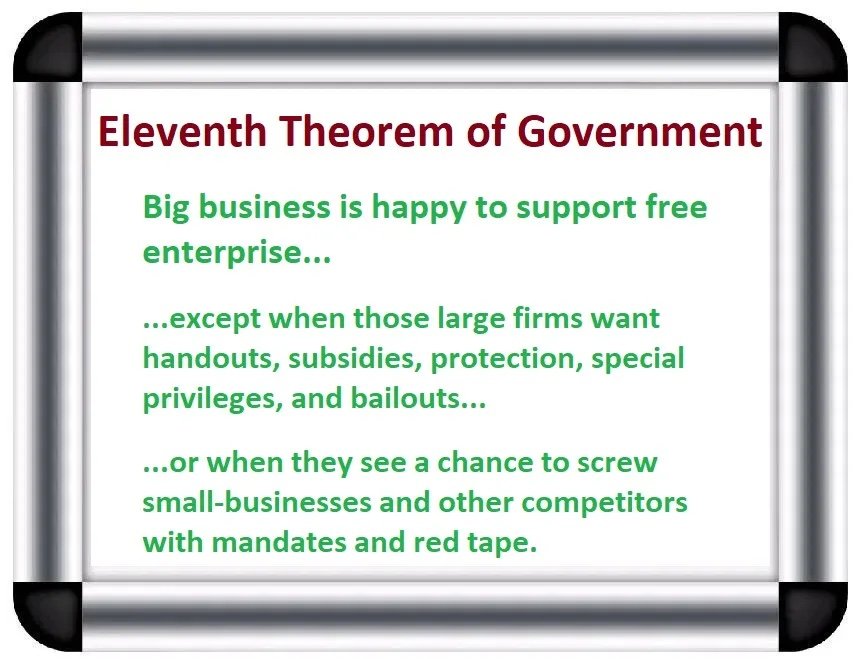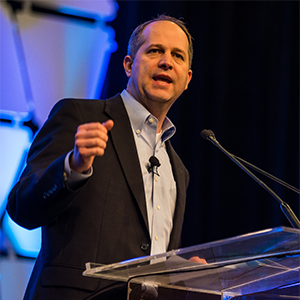We announced at the end of last week that we planned to talk about Peter Block's new book Confronting Our Freedom, however, this week we learned that Peter has agreed to join us in about a month. YES! Because of this good news we pivoted to a topical show. There are a few newsworthy items, including a show review that we shared with you.
Use these show notes to follow along with the audio:
Segment one:
Peter Block is back on the show on June 23rd to talk about his book and “never has the soul of enterprise been in so much jeopardy” to use Block’s words. Plus, we have George Gilder next week! Great shows ahead.
Was the billable hour destroyed over the last 10 years and it is making a comeback? That was topic number 1 for our grab bag galore today.
Are there any businesses where the billable hour makes sense? The airline industry with respect to engines. The time in the air is the only time that is billed. Incentives are aligned. But notice this is on an inanimate object.
Does anybody remember when AOL billed by the hour? And then went to a flat rate model? http://www.famousdaily.com/history/aol-switches-to-flat-monthly-rate.html
“If you negotiate on cost plus pricing, you’ve already lost.” —Rory Sutherland
Segment two:
“Company earnings guidance is wrong about 70pc of the time” by Matthew Boyle https://www.afr.com/markets/equity-markets/company-earnings-guidance-is-wrong-about-70pc-of-the-time-20230524-p5das9
Goodwill is how accountants describe their ignorance…or something like that :) Let’s ask ChatGPT, shall we? https://chat.openai.com/share/423d9c90-6bc4-448b-8b9a-3229c9085b46
“If I Betray These Words: Moral Injury in Medicine and Why It's So Hard for Clinicians to Put Patients First” by Wendy Dean and Simon Talbot https://www.amazon.com/If-Betray-These-Words-Clinicians/dp/1586423541
Moral injury is a new term to Ron. It was first used to describe acts of transgression during the Vietnam War and Ron talked about it today in the context of medicine. https://www.dav.org/get-help-now/veteran-topics-resources/moral-injury/
Segment three:
Sometimes forgotten, Electronic Health Records — when initially mandated — imposed enormous costs on smaller offices.
Out of network doctors at your in network hospital? If you are in the United States, this is a real concern and has HAPPENED to Ed before.
[Sarcasm ahead as they received extra shoutouts on the show today] I don’t we say thank you enough to 90Minds, the sponsor of our Patreon channel at Patreon.com/TSOE — If you need a mind, get one at 90Minds.com
Segment four:
We received a great review from a listener AND guest, Brian Terrell @brian_terrell. Ron and Ed talked about the review live on the show today.
Amazon and AWS is a great example of a spinout entity. Why dilute the Amazon consumer brand and confuse the situation with AWS? Ron and Ed talked about this in relation to CPA firms and their bookkeeping work in segment four of today’s show.
“Advisory services is an oxymoron. Advice is not a service.” —Ed Kless
Exciting news! Ron Baker, Paul Dunn, and Ed Kless have launched the Time’s Up Club. Audio chapter summaries of the book, Time’s Up, are available for FREE in the free forever plan. Just sign up at TimesUpClub.com
Bonus Content is Available As Well
Did you know that each week after our live show, Ron and Ed take to the microphone for a bonus show? Typically, this bonus show is an extension of the live show topic (sometimes even with the same guest) and a few other pieces of news, current events, or things that have caught our attention.
Click the “FANATIC” image to learn more about pricing and member benefits.











